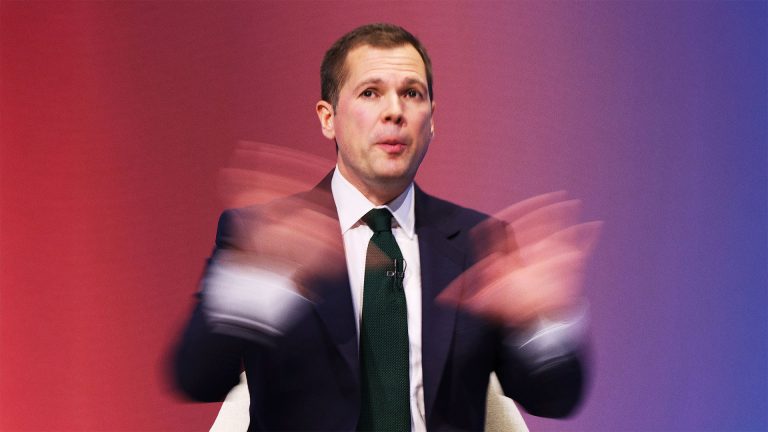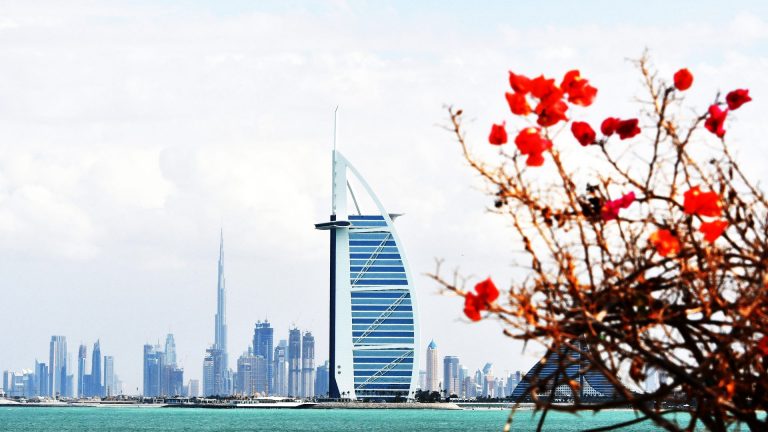For a while, it felt like things could change for the better. There were still elites, sure, but they didn’t feel as hegemonic as they once did. The internet connected people around the world, and all those conversations on social media meant that the masses could no longer be ignored. In some cases, it was even possible to make your discontent known to those in power, and think that, with enough luck, they may listen.
Then the cracks began to show. Connecting people around the world was a good idea in theory, but it didn’t quite work in practice. Putting everyone in all the same spaces meant that even the racists and sexists, the far right and the cranks, could all get together, mingle and plot for world domination.
This is a truth that has now been widely acknowledged. Talk to people who spend enough time online and they will tell you that too many people have been radicalised, and have had their brains filled with worms by whatever happens on their screens. What is missing, however, is a reckoning around the way the internet has changed our elites, often for the worse.
Elon Musk is, by some distance, the most obvious example. He bought Twitter out of spite and then Twitter broke him even further. Enough has been said about his deranged and poisonous views, but they aren’t the only sign that something has gone drastically wrong. The Tesla and X owner has spent the past few months obsessively tweeting all day, every day, to the extent that it isn’t clear whether he is working or sleeping anymore.
Musk is an extreme case, but that doesn’t mean he’s the only one. All around the world, politicians and CEOs have been driven mad by social media, in a thousand and one ways. During the last Parliament, then-Conservative MP Andrew Bridgen embraced a number of conspiracy theories about the pandemic, and lost the whip as a result.
His colleague Nick Fletcher spoke up against “15-minute cities” in Parliament, warning that they “will cost us our personal freedom”. Miriam Cates, meanwhile, claimed that British children were being taught by their school teachers that there were “72 genders”.
Britain’s one saving grace at the time was that both main party leaders were strikingly offline. Keir Starmer, perhaps partly due to his age, never seemed interested in whatever happened on social media. Despite his attempts to present himself as a tech bro, Rishi Sunak also had the air of someone who rarely, if ever, checked Twitter.
Things have now changed. Kemi Badenoch rails about the culture wars, relentlessly, and with the fervour of someone who spends too much time looking at her phone. Many of her decisions seem to be taken with the specific goal of angering – sorry, “triggering” – the left, without taking into account whether those moves are actually any good for the Conservatives.
This may be why she keeps losing ground to Nigel Farage, a man who, odious as we may find him, is at least skilled at keeping his eyes on the prize. “Owning the libs” may be fun, but it is unlikely to get you back into power.
Regrettably, this doesn’t mean that we should ignore Badenoch’s actions, or assume that they are happening in a vacuum. Politicians are people, like the rest of us, and we should be trying to understand the effect the internet has had on them. After all, they are prime targets for radicalisation, conspiracy theories, and a general need to yell at strangers all day.
MPs are, by definition, more likely than the general public to have slightly too much free time on their hands, feel quite isolated, care passionately about politics, and to always seek both new tribes and new enemies. If so many regular people have had their brains pressure washed by social media, it should stand to reason that they have as well.
It is, at risk of stating the obvious, not an ideal state of affairs, and is unlikely to get better anytime soon. Keir Starmer’s grey, old-fashioned demeanour may not be thrilling, but we are likely to miss it when it’s gone. Whatever follows is likely to be angrier, meaner, and way more online.











